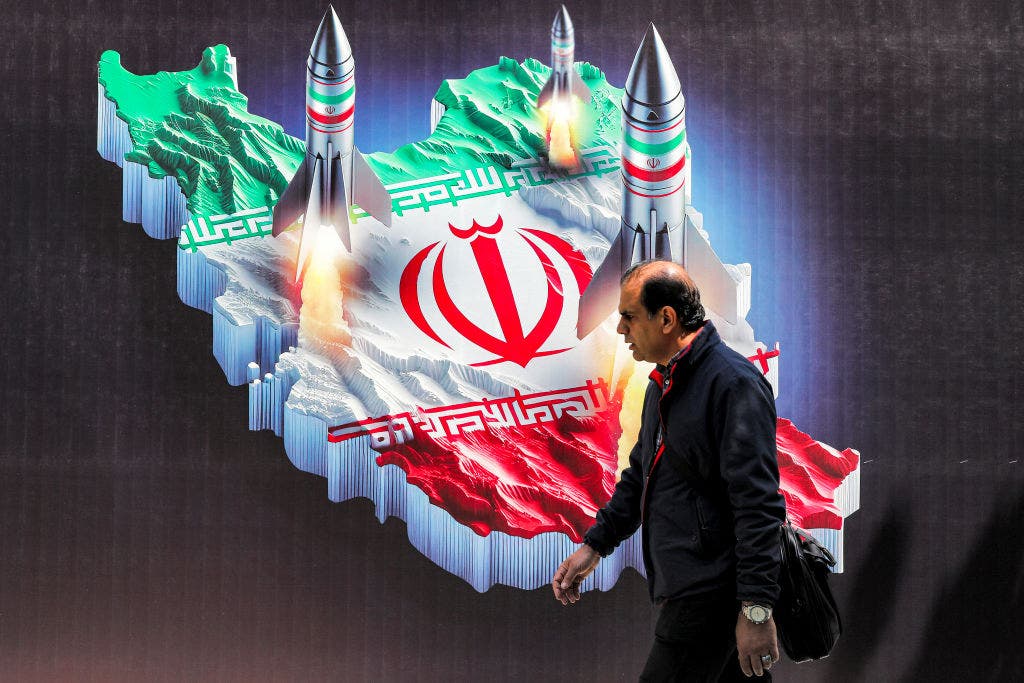The focus has shifted to Iran’s illicit nuclear weapons program amidst a rising tension between Israel and Iran. Iran’s massive aerial attack on Israel has led to concerns about their capability to use a nuclear weapon against Israel. The Biden administration has acknowledged that Iran is closer to obtaining a nuclear weapon capability than before. It is estimated that Iran would need about a year to build a semi-reliable warhead for a ballistic missile and two years to fully develop a nuclear weapons production complex based on the Amad Plan pursued from the late 1990s to early 2003.
Iran’s enrichment of uranium well beyond the need for commercial use has raised fears about their nuclear ambitions. Previous administrations, including Trump and Biden, have been criticized for not effectively dealing with Iran’s nuclear program. European intelligence reports have indicated that Iran continues to work on constructing a nuclear weapon. Iran could potentially have the capability to create a crude nuclear explosive in about six months, establishing them as a nuclear power. A potential attack with a nuclear weapon could involve trusted proxies and transport via land or sea to increase its chances of success.
As tensions escalate, President Biden has urged Israeli Prime Minister Benjamin Netanyahu to refrain from retaliation against Iran. Israeli war planners believe it is crucial to deter Iran from building nuclear weapons. The White House has ruled out military strikes against Iran despite being labeled as the world’s worst state-sponsor of terrorism. World leaders have condemned Iran’s recent attack on Israel. Iran is seen as a nuclear threshold state, with the ability to produce a bomb within a year or two if unchecked.
Efforts to stop Iran’s nuclear ambitions have been met with limited success. The Joint Comprehensive Plan of Action (JCPOA) reached with Iran in 2015 aimed to temporarily restrict Iran’s nuclear program, but concerns remain about the effectiveness of the agreement in curbing Iran’s nuclear activities. Former President Trump withdrew from the JCPOA in 2018, leading to the re-imposition of sanctions on Iran. The “maximum pressure” campaign sought to pressure Iran into abandoning its nuclear weapons ambitions and support for terrorism.
Following the withdrawal from the JCPOA, Iran has dramatically expanded its nuclear program, especially in enriching uranium to 60%. The Biden administration’s perceived desperation for diplomacy has led to increased risk tolerance from Iran, resulting in failed negotiations and an uncertain Iran policy. Calls for the U.S. to support triggering snapback sanctions and engaging in joint military actions with Israel against Iran’s military forces have been made to rebuild deterrence against Tehran. The situation remains volatile, with concerns about Iran’s potential to launch a nuclear attack and the need for strong international responses to prevent further escalation.


